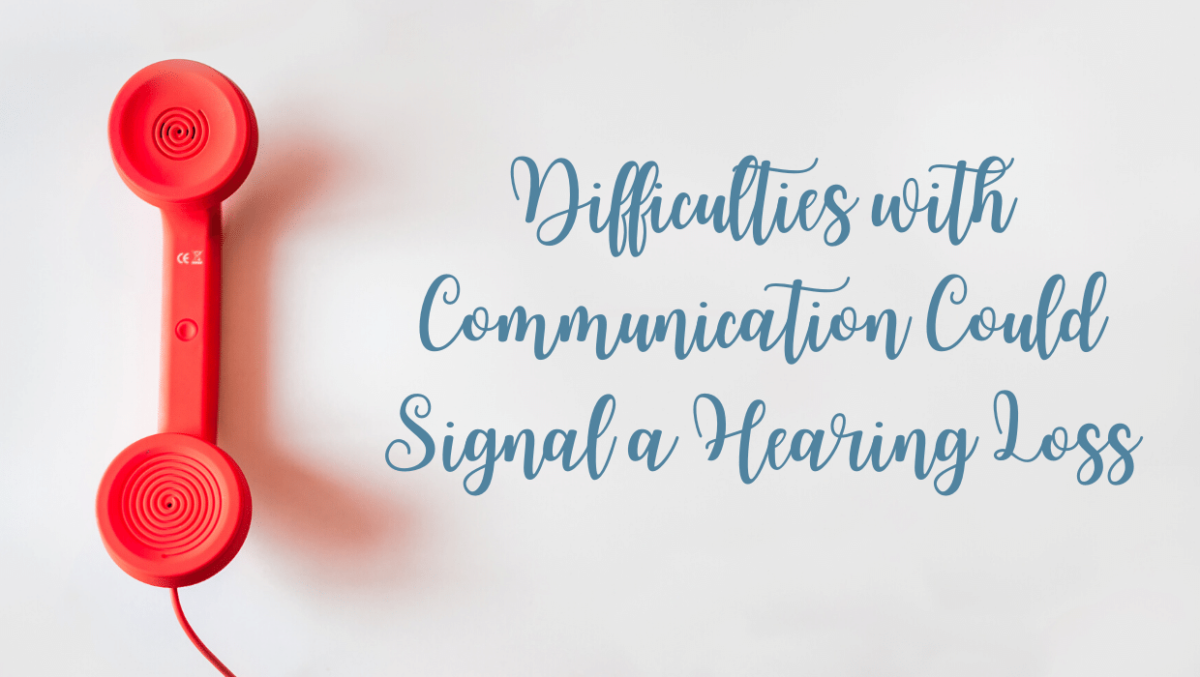- Common Hearing Aid Problems & How to Fix Them - June 14, 2021
- Why People Avoid Treating Hearing Loss — and Why You Should Schedule a Hearing Test! - May 21, 2021
- Common Hearing Aid Problems & How to Fix Them - May 14, 2021
Perhaps recently you have found it is more of a challenge to follow conversation, especially when people are wearing face masks. Often a struggle to understand conversation can indicate a hearing loss. Even if you have been diligent and had your hearing checked recently as is recommended, you may be dealing with what is referred to as a “hidden hearing loss”.
Hidden Hearing Loss
Many people do not realize this, but hearing occurs not only in ears but in the brain. Sound is ultimately processed in the mind once the ears have collected it. Hidden hearing loss is explained as a hearing loss that occurs in your brain instead of the different parts of the ears. This manner of hearing loss will not present itself in an audiologist’s office on a hearing test because these environments may be too quiet and controlled. This does not make the struggle you experience while trying to participate in conversation amongst noise and crowds any less of a problem. When you struggle to communicate in crowded social situations, it can often be more tempting to opt out and stay at home and this can lead to depression, anxiety and social isolation.
Causes of Hidden Hearing Loss
Hidden hearing loss is a challenge to diagnose by traditional methods but this has not stopped researchers from trying to find solutions. Research published in Nature Communications explored one of the possible causes of hidden hearing loss. Dr. Gabriel Corfas from the University of Michigan, along with Guoqiang Wan from Nanjing University in China have been using research gathered from mice with hidden hearing loss to understand more ways to treat the condition in humans.
These researches found that hidden hearing loss could be triggered by the decay of the “Schwann cells” which produce a substance called myelin. Myelin works to insulate the neural pathway between the ear and the brain. The researchers found that when the myelin is damaged due to loud noise, neural pathways aren’t insulated, making it more difficult for sound to be processed by the brain.
“Exposure to noise is increasing in our society, and children are exposing themselves to high levels of noise very early in life,” Corfas stated. “It’s clear that being exposed to high levels of sound might contribute to increases in hidden hearing loss.”
The most alarming thing that these researchers discovered is that similar to the tiny hairs, called cilia in the inner ear, responsible for picking up sound, once the myelin of the Schwann cells are damaged, they can not be regenerated naturally or artificially.
Trouble Discovering Hidden Hearing Loss
Hidden hearing loss is elusive because it operates differently than what most audiologists are usually on the lookout for. Most hearing loss is due to damage of the inner, middle or outer ear, which can cause damage in quiet and noisy situations alike. When hearing loss occurs because of damage to parts associated with the brain it might be easy for the patient to hear in quiet places while still struggling to hear in loud settings. This is because the brain’s processing power is compromised, so there is too much information for the brain to process in noisy environments.
How to Test for Hidden Hearing Loss
Hidden hearing loss isn’t like traditional hearing loss, so a standard hearing test may not reveal the hearing loss. However there has recently been more energy and resources devoted to diagnosing hidden hearing loss, as awareness continues to be on the rise. There are tests developed which focus on testing the binaural process. The binaural process involves the combination of diverse auditory information presented by each ear. In humans, this process is essential in understanding speech as one ear may pick up more information about the speech than another. The test will be able to diagnose hidden hearing loss if an imbalance in binaural hearing is present.
Treating Hidden Hearing Loss
Researches continue to find ways to restore myelin cells however today the best treatment for hidden hearing loss are hearing aids. Hearing aids can help with noise suppression and help amplify sounds you may be missing out on. If you are struggling to hear in noisy places even though your hearing test checked out clearly, contact your us to test for a hidden hearing loss today.

